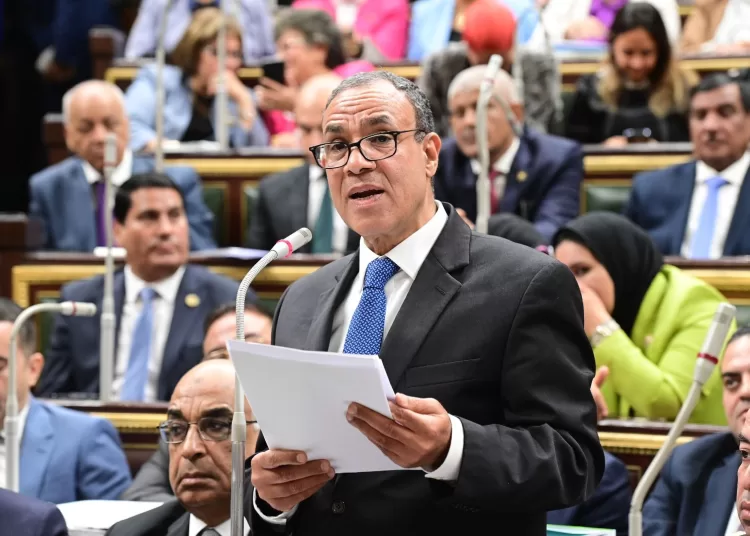Foreign Minister Badr Abdel-Aati said that the draft criminal procedure law represents a significant addition to efforts under way to advance human rights and implement the national strategy on human rights.
Speaking to Sunday’s plenary session of the parliament to discuss a new bill on criminal procedures, Minister Abdel-Aati expressed full confidence that the new draft law, once approved, will represent a significant leap in efforts to improve human rights conditions in Egypt and to implement the National Human Rights Strategy.
This strategy, he stressed, is not meant to satisfy any external party, but rather serves the best interests of the Egyptian people in the first place. Overseeing the implementation of this strategy is the Standing Supreme Committee for Human Rights (SSCHR).
The committee, acting under directives of President Abdel Fattah El Sisi, is making every effort to improve human rights conditions, viewing this as a national duty and commitment in a sovereign state founded on democratic principles, the rule of law, and non-discrimination, Minister Abdel-Aati said.
He expressed gratification over assuming chairmanship of the committee and said that its establishment was a true reflection of the Egyptian state’s keenness to ensure that all citizens enjoy the rights guaranteed to them by the Constitution and the law.
Elaborating, Minister Abdel-Aati noted that the SSCHR has since its inception formulated a comprehensive approach based on an inclusive national vision. This has led to the refutation of any claims aimed at tarnishing Egypt’s image and reputation in the field of human rights. The SSCHR, he said, remains committed to continuous coordination and consultation with the House of Representatives (parliament).
In his statement to the parliament session chaired by House Speaker Hanafi Gebaly yesterday, Minister Abdel-Aati pointed out that since its launch in 2021 under the auspices of President Sisi, the SSCHR has undertaken a purely national initiative to develop Egypt’s first National Human Rights Strategy.
The strategy, he added, has focused on implementing all objectives across various areas, including civil and political rights, economic, social, and cultural rights, as well as the rights of children, youth, women, the elderly, and persons with disabilities, along with training and capacity-building efforts.






Discussion about this post